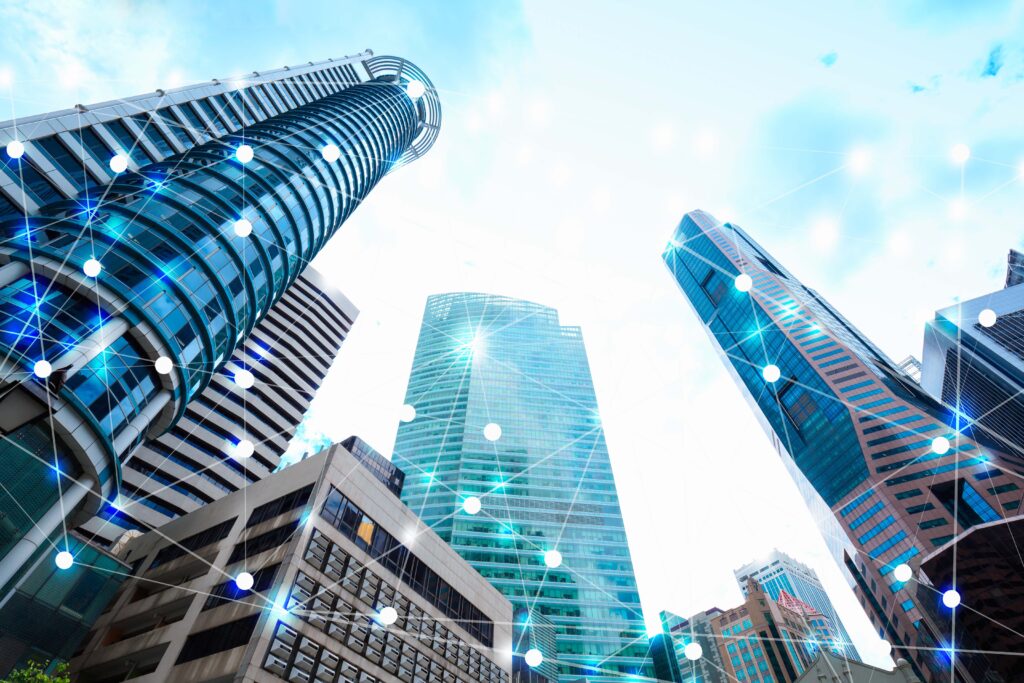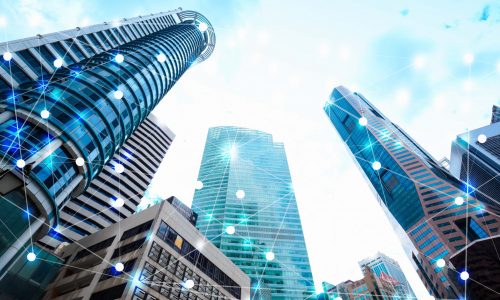In today’s fast-paced world, the issue of energy efficiency is becoming an increasingly pressing concern. In response to the challenges of reducing greenhouse gas emissions and protecting the environment, the industry is increasingly focusing on sustainable solutions. Smart buildings, based on advanced technologies, are an innovative tool in the fight to improve energy efficiency.
What are smart buildings?
Smart buildings are advanced structures that use information and communication technologies to manage various systems and processes inside buildings. These systems, often based on artificial intelligence and the Internet of Things (IoT), enable the collection and analysis of data to better understand the behavior of the building and its occupants.
Energy management systems
One of the key components of smart buildings is an advanced energy management system. By monitoring and analyzing energy consumption, these systems can optimize the operation of various equipment, such as lighting, heating, ventilation and air conditioning. This results in a significant reduction in energy consumption and operating costs.
Smart buildings offer a range of features that improve efficiency and convenience for occupants. Advanced automation systems make it possible to adjust conditions inside the building to individual preferences. For example, a smart system can adjust the temperature and lighting in rooms according to the movement and preferences of employees. This in turn translates into increased productivity and user comfort.
Monitoring and diagnosing failures
Smart buildings are equipped with advanced sensors that monitor various building parameters in real time. This makes it possible to quickly detect failures and irregularities. These systems are able to anticipate potential problems with electrical systems, plumbing or air conditioning, allowing intervention before more serious damage occurs. This, in turn, minimizes downtime and costs associated with repairs.
Reducing greenhouse gas emissions
One of the key challenges for the industry is reducing greenhouse gas emissions. Smart buildings, through effective energy management, enable significant reductions in fossil fuel consumption. This contributes to protecting the environment and meeting sustainability commitments.
Summary
Smart buildings offer significant potential for various industrial sectors. The introduction of such advanced technologies can help improve energy efficiency in factories, office buildings, logistics centers and other industrial facilities. Reducing operating costs and increasing the efficiency of industrial processes are just some of the benefits that can result from the adaptation of smart buildings.
Introducing smart buildings into industry is one of the most important steps the sector can take on its way to a more efficient and sustainable future. This change has both economic and environmental benefits, thus representing a step in the right direction for industry and the environment.




